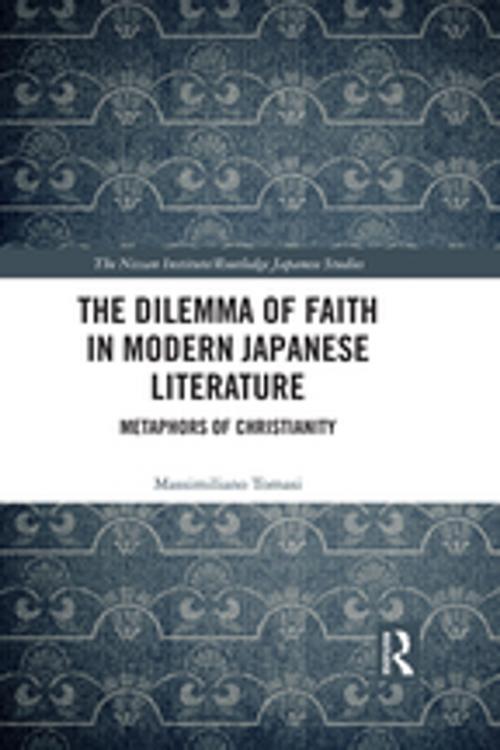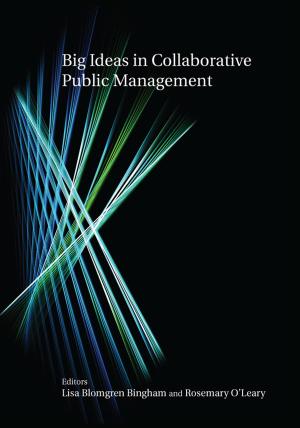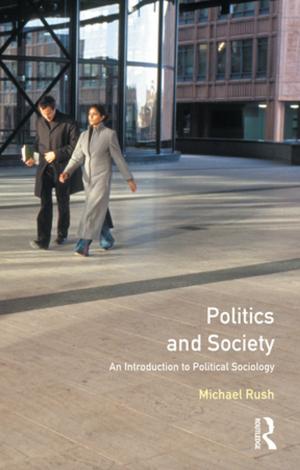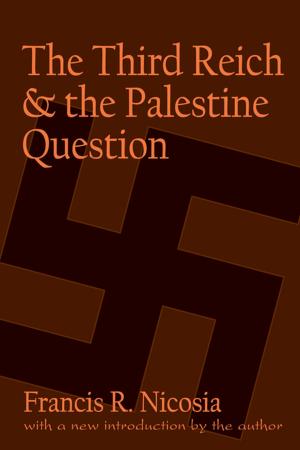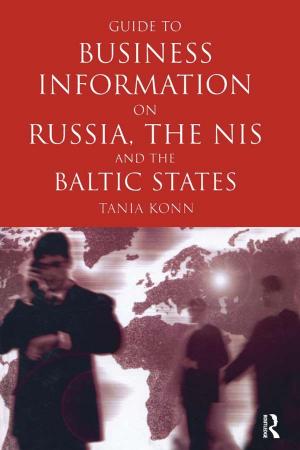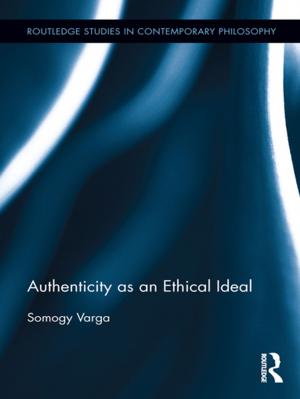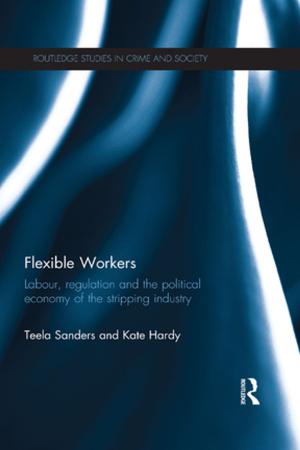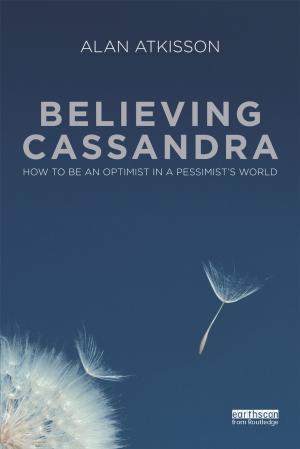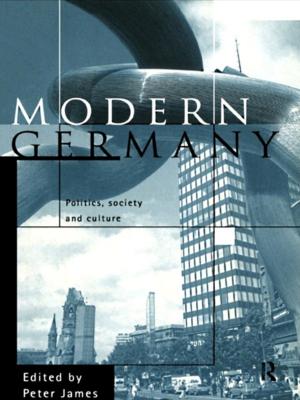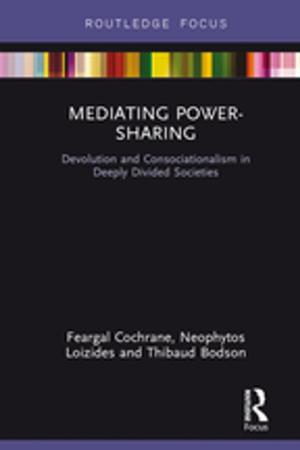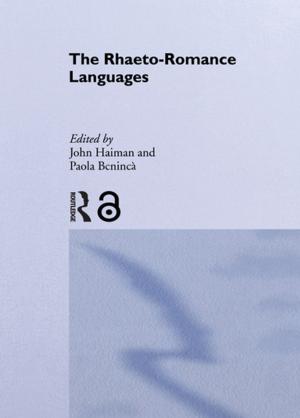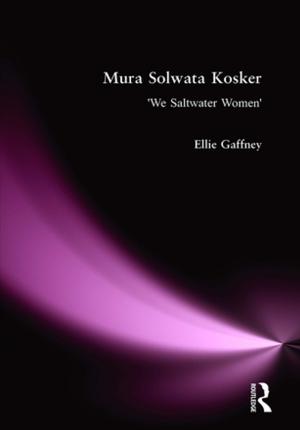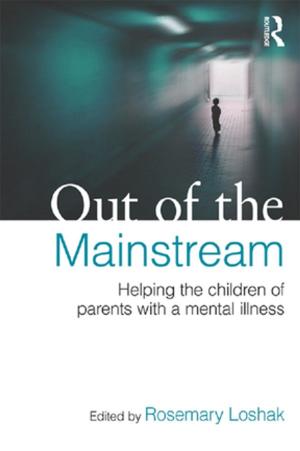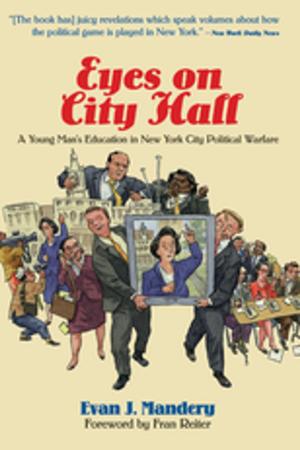The Dilemma of Faith in Modern Japanese Literature
Metaphors of Christianity
Fiction & Literature, Literary Theory & Criticism, Asian, Far Eastern| Author: | Massimiliano Tomasi | ISBN: | 9781351228046 |
| Publisher: | Taylor and Francis | Publication: | April 19, 2018 |
| Imprint: | Routledge | Language: | English |
| Author: | Massimiliano Tomasi |
| ISBN: | 9781351228046 |
| Publisher: | Taylor and Francis |
| Publication: | April 19, 2018 |
| Imprint: | Routledge |
| Language: | English |
The first book-length study to explore the links between Christianity and modern Japanese literature, this book analyses the process of conversion of nine canonical authors, unveiling the influence that Christianity had on their self-construction, their oeuvre and, ultimately, the trajectory of modern Japanese literature.
Building significantly on previous research, which has treated the intersections of Christianity with the Japanese literary world in only a cursory fashion, this book emphasizes the need to make a clear distinction between the different roles played by Catholicism and Protestantism. In particular, it argues that most Meiji and Taishō intellectuals were exposed to an exclusively Protestant and mainly Calvinist derivation of Christianity and so it is against this worldview that the connections between the two ought to be assessed. Examining the work of authors such as Kitamura Tōkoku, Akutagawa Ryūnosuke and Nagayo Yoshirō, this book also contextualises the spread of Christianity in Japan and challenges the notion that Christian thought was in conflict with mainstream literary schools. As such, this book explains how the dualities experienced by many modern writers were in fact the manifestation of manifold developments which placed Christianity at the center, rather than at the periphery, of their process of self-construction.
The Dilemma of Faith in Modern Japanese Literature will be of great interest to students and scholars of Japanese modern literature, as well as those interested in Religious Studies and Japanese Studies more generally.
The first book-length study to explore the links between Christianity and modern Japanese literature, this book analyses the process of conversion of nine canonical authors, unveiling the influence that Christianity had on their self-construction, their oeuvre and, ultimately, the trajectory of modern Japanese literature.
Building significantly on previous research, which has treated the intersections of Christianity with the Japanese literary world in only a cursory fashion, this book emphasizes the need to make a clear distinction between the different roles played by Catholicism and Protestantism. In particular, it argues that most Meiji and Taishō intellectuals were exposed to an exclusively Protestant and mainly Calvinist derivation of Christianity and so it is against this worldview that the connections between the two ought to be assessed. Examining the work of authors such as Kitamura Tōkoku, Akutagawa Ryūnosuke and Nagayo Yoshirō, this book also contextualises the spread of Christianity in Japan and challenges the notion that Christian thought was in conflict with mainstream literary schools. As such, this book explains how the dualities experienced by many modern writers were in fact the manifestation of manifold developments which placed Christianity at the center, rather than at the periphery, of their process of self-construction.
The Dilemma of Faith in Modern Japanese Literature will be of great interest to students and scholars of Japanese modern literature, as well as those interested in Religious Studies and Japanese Studies more generally.
